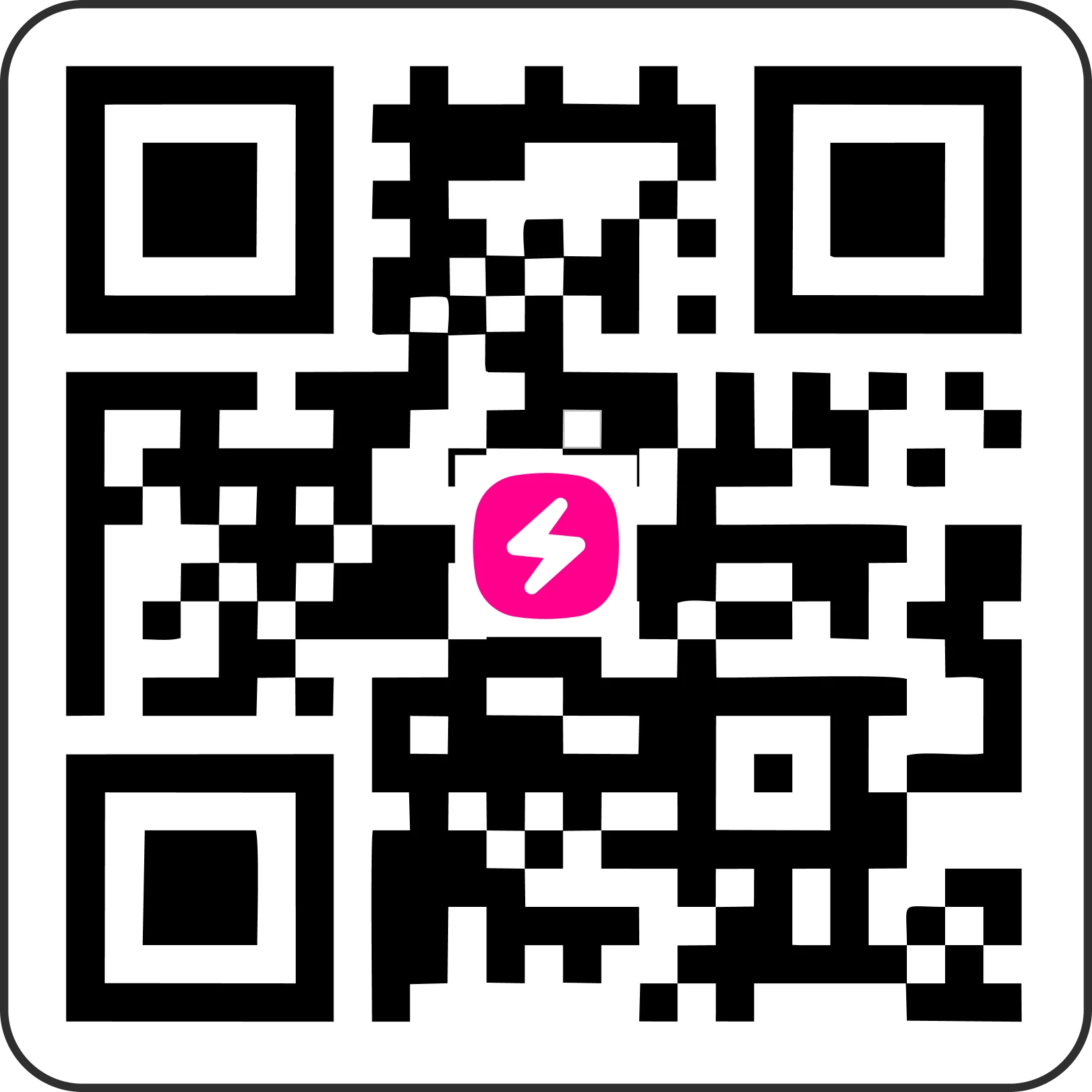WEB3 GLOSSARY
ALTCOINS, FASTTOKEN, DEFI, TRADING, POSA & MORE
General Crypto Terms
- Altcoin: Any cryptocurrency other than Bitcoin, like Ethereum or Litecoin.
- Blockchain: A decentralized digital ledger that records transactions across multiple computers.
- Crypto (Cryptocurrency): A digital asset secured by cryptography, often used for payments or investments.
- Private Key: A secret code that grants access to digital assets. Must be kept confidential to prevent theft.
- Seed Phrase: A set of words used to recover a cryptocurrency wallet. Should be stored securely.
- Wallet: A digital tool for storing, sending, and receiving cryptocurrencies. Can be hot (online) or cold (offline).
Fastex & Bahamut Ecosystem Terms
- Bahamut: A public, EVM-based Layer 1 blockchain launched by Fastex in 2023, using the Proof-of-Stake-and-Activity (PoSA) consensus mechanism.
- Bedouin: The consensus layer of Bahamut, validating and securing network transactions.
- Caravan: The execution layer of Bahamut, processing smart contracts and transactions.
- FTN (Fasttoken): The native cryptocurrency of the Bahamut Chain and Fastex ecosystem, used for transactions, staking, and accessing platform services.
- Phygital Space: A hybrid physical-digital experience. Fastex created the world’s first NFT Phygital Space in Dubai Mall.
- Proof-of-Stake-and-Activity (PoSA): A consensus model combining traditional Proof-of-Stake with activity-based rewards, incentivizing validators based on both stake and smart contract activity.
- Sahara Mainnet: The primary live network of Bahamut where real transactions occur.
- Validator: A participant responsible for verifying transactions on Bahamut. Validators must stake FTN and are selected based on both stake size and smart contract activity.
Smart Contract & Blockchain Infrastructure
- EVM (Ethereum Virtual Machine): A runtime environment for executing smart contracts. Bahamut is EVM-compatible, allowing Ethereum-based contracts to run seamlessly.
- Gas: The computational cost required to execute a blockchain transaction. Users pay gas fees to validators.
- Smart Contract: A self-executing contract with predefined conditions written in code, eliminating intermediaries.
Fastex Exchange & P2P Trading
- Advertiser: A Fastex P2P user who posts a trade offer, setting price, amount, and payment terms.
- Order Limit: The minimum and maximum tradeable amount set by an advertiser on Fastex P2P.
- P2P Trading (Peer-to-Peer Trading): Direct trading of digital assets between users without intermediaries. Fastex Exchange supports P2P trading.
- Payment Duration: The timeframe within which a P2P transaction’s fiat transfer must be completed.
- Taker: A Fastex P2P user who accepts an advertiser’s trade offer.
Trading Psychology Terms
- BUIDL: A play on "build," encouraging development over speculation.
- FOMO (Fear Of Missing Out): The anxiety of missing a profitable trade.
- FUD (Fear, Uncertainty, and Doubt): Spreading negative news to cause market panic.
- HODL (Hold On For Dear Life): A term for holding onto crypto assets despite market fluctuations.
Technical Analysis Terms
- Bearish: Expecting prices to fall.
- Bullish: Expecting prices to rise.
- Candlestick Chart: A chart type showing price movements over time.
- MACD (Moving Average Convergence Divergence): A trend-following indicator comparing two moving averages.
- RSI (Relative Strength Index): A momentum indicator measuring price speed and change.
- Resistance Level: A price level where selling prevents further increases.
- Support Level: A price level where buying prevents further declines.
Risk Management & Market Terms
- ATH (All-Time High): The highest price a cryptocurrency has ever reached.
- ATL (All-Time Low): The lowest price a cryptocurrency has ever reached.
- Limit Order: A trade order to buy or sell at a specific price or better.
- Liquidity: The ease of buying or selling an asset without significantly affecting its price.
- Market Cap (Market Capitalization): Total value of a cryptocurrency (price × circulating supply).
- Pump and Dump: Artificially inflating a crypto’s price before mass selling to cause a crash.
- Risk/Reward Ratio: The balance between potential profit and loss in a trade.
- Spread: The difference between an asset’s highest bid (buy) and lowest ask (sell) price. Narrower spreads indicate higher liquidity.
- Stop-Loss Order: An order to sell when a cryptocurrency hits a set price to limit losses.
- Take-Profit Order: An order to sell automatically when a profit target is met.
- Volatility: The degree of price fluctuations in a cryptocurrency.
- Whale: A large cryptocurrency holder whose trades can impact the market.
Staking & Mining
- Mining: The process of validating transactions and adding them to the blockchain, primarily in Proof-of-Work systems.
- Staking: Locking cryptocurrency to support a blockchain network in exchange for rewards.
Miscellaneous Terms
- Airdrop: Free token distribution for promotion or rewards.
- Bagholder: Someone holding a crypto that has lost significant value.
- KYC (Know Your Customer): A process where exchanges verify users’ identities for regulatory compliance.
- Shilling: Excessively promoting a cryptocurrency, often to inflate its price.

